Introduction
The incorporation of wellness initiatives in the workplace has become increasingly important for organizations looking to prioritize their employees' well-being. From aromatherapy candles to personalized wellness swag boxes, there are various strategies that HR Benefits Managers can implement to create a supportive and nurturing environment. In this article, we will explore different approaches, such as self-care boxes and meditation subscriptions, that can contribute to the overall mental and physical health of employees.
By embracing these initiatives, HR professionals can inspire their teams to prioritize their well-being, leading to a happier and more productive workforce. So let's dive in and discover the power of these wellness strategies in fostering a healthier and more mindful workplace environment.
Aromatherapy Candles for Stress Relief
The incorporation of aromatherapy candles into the workplace can be more than just a fragrant touch; it's a multisensory experience that can enhance the atmosphere and contribute positively to employees' mental state. The idea of aromatherapy, deeply based on the principles and power of plant-derived essential oils, taps into the olfactory system's direct connection to the limbic system, the brain's center for emotions and memory. Inhaling the scents from candles can register positive psychological effects and restore balance to the body and spirit, providing a sanctuary of tranquility amidst the daily hustle. With the U.S. market valuing scented candles at approximately 2 billion USD, the demand for creating serene environments through scent is undeniable. However, it's crucial to be aware of the candles' impact on indoor air quality. While the ambience created by candlelight and fragrance can be delightful, some candles release harmful gases when burned. Therefore, selecting non-toxic and safe options becomes essential for ensuring a health-conscious approach to workplace relaxation. Embracing scented candles can be a powerful lifestyle choice, symbolizing a commitment to fostering well-being, both physically and mentally, within the office's four walls.
Personal Wellness Journey Boxes for Comprehensive Care
Tailorable journey boxes are an excellent way to support your team's well-being and happiness. Filled with carefully selected items like fitness trackers, nutritious recipes, and stress-relief tools, these boxes are not just gifts—they're a stepping stone to a balanced lifestyle. As the demand for work-life balance and support for well-being soars, organizations are innovating their wellness programs. Research, such as those conducted by the London School of Economics, validate the correlation between the well-being of workers and their productivity, emphasizing that a concentration on comprehensive well-being can enhance longevity and quality of life Wellness is deeply personal, and by providing resources that cater to different facets of well-being — whether it be physical, emotional, or spiritual — employers can greatly enhance job satisfaction and attract new talent. With $51 billion invested in wellness programs in 2020 and projections reaching $100 billion, incorporating mindful well-being initiatives like journey boxes can have a transformative impact, aligning with the contemporary perspective of health as a holistic experience encompassing the mind, body, and social well-being.
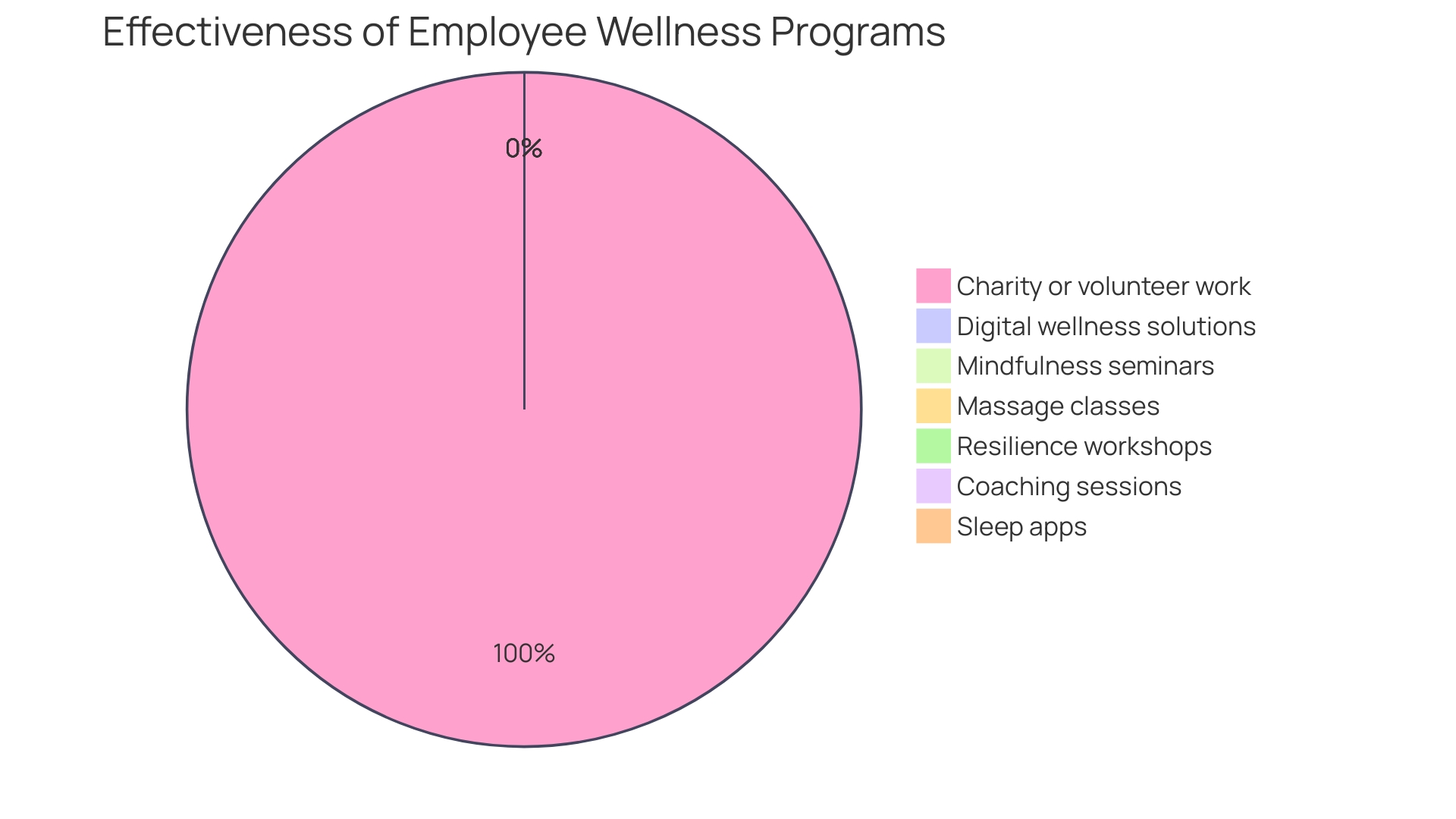
Mindfulness Journals for Mental Clarity
Journals dedicated to mindfulness are invaluable assets for nurturing mental well-being. These journals are more than just books; they are sanctuaries where thoughts and emotions may freely flow, allowing individuals to engage deeply with their inner selves. As employees jot down their reflections, they are not simply filling pages but embarking on a journey of self-discovery and emotional growth.
Mindful journaling has established its worth as a powerful tool in enhancing clarity and fostering emotional resilience. The act of writing can serve as a therapeutic exercise, providing a structured opportunity to articulate goals, express gratitude, and explore personal narratives. This practice offers a safe haven for self-expression without the pressure of linguistic perfection. It's about the cathartic experience of putting pen to paper and the personal insights that can emerge from such a process.
By experimenting with different journaling techniques, individuals can find a method that best suits their unique needs, whether it be free-writing, listing things they’re thankful for, or setting intentions for the future. The versatility of journaling is part of its charm, allowing it to evolve alongside the journal. Moreover, incorporating journaling into a daily routine can be a delightful experience, especially when one selects tools that bring joy and inspiration.
Indeed, the simple act of writing has profound implications for our cognitive and emotional well-being. Research has consistently demonstrated that journaling can reduce stress, clarify thoughts, and lead to greater calm by focusing our attention and helping us to breathe more deeply and evenly. It is a testament to the power of mindfulness as an exercise that not only enhances our present awareness but also contributes to our overall well-being.
Reflective journaling, in particular, stands out as a reflective mirror, revealing patterns in our thoughts and experiences. It guides us through challenges and decisions, offering a narrative of personal growth and development. Therefore, it is a strategy that HR experts can support within their organizations to emphasize their dedication to the psychological and emotional well-being of their staff members.
In essence, offering staff members with the necessary tools and support to participate in mindful journaling can have a substantial positive influence on their mental well-being. By facilitating a practice that is adaptable, engaging, and empirically supported, organizations can take a proactive step toward nurturing a healthier, more mindful workforce.
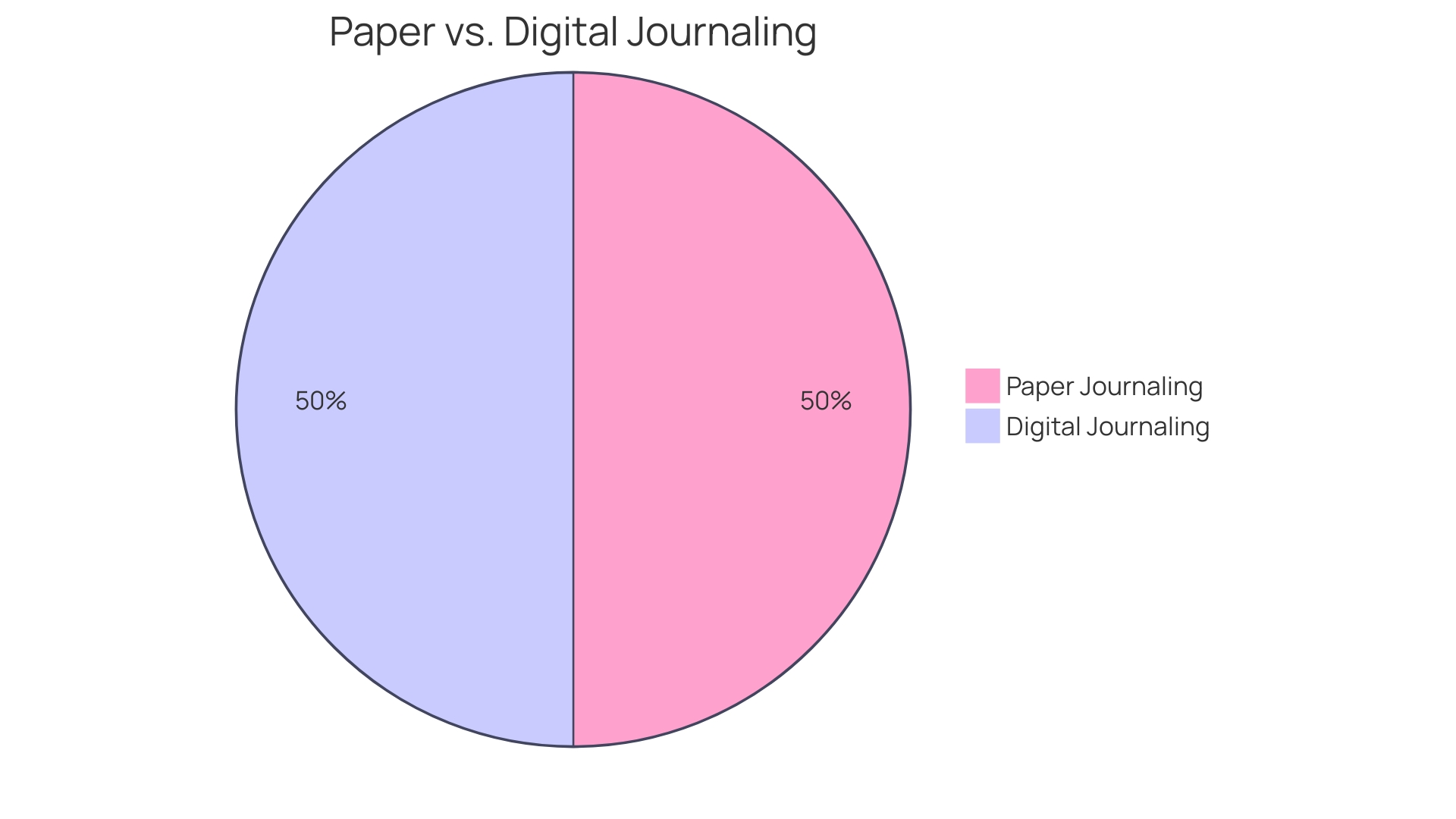
Healthy Snack Baskets for Nutritional Wellness
Crafting an invigorating workplace starts with attention to nutrition, and what better way than with healthy snack baskets? Each basket is a treasure trove of wholesome treats—think succulent fruits, crunchy nuts, and wholesome granola bars. It's a simple yet powerful gesture that encourages your team to opt for nutritious nibbles, firing up their energy and enhancing well-being. WK Kellogg Co's Feeding Happiness™ strategy exemplifies this philosophy, nurturing healthier and happier communities through thoughtful food choices. Reflecting this feeling, research from the London School of Economics confirms that staff well-being is connected to productivity and loyalty—factors that can greatly impact an organization's success. As the snacking industry evolves, with Private Label brands offering quality at a smart value, there's a golden opportunity to integrate such options into your snack selection. This aligns with findings from PLOS Global Public Health, highlighting snacking as a substantial portion of daily caloric intake. By choosing snacks with high nutritional value, you're not just providing a treat, but a powerful tool to rejuvenate your team and promote a culture of vitality and well-being.
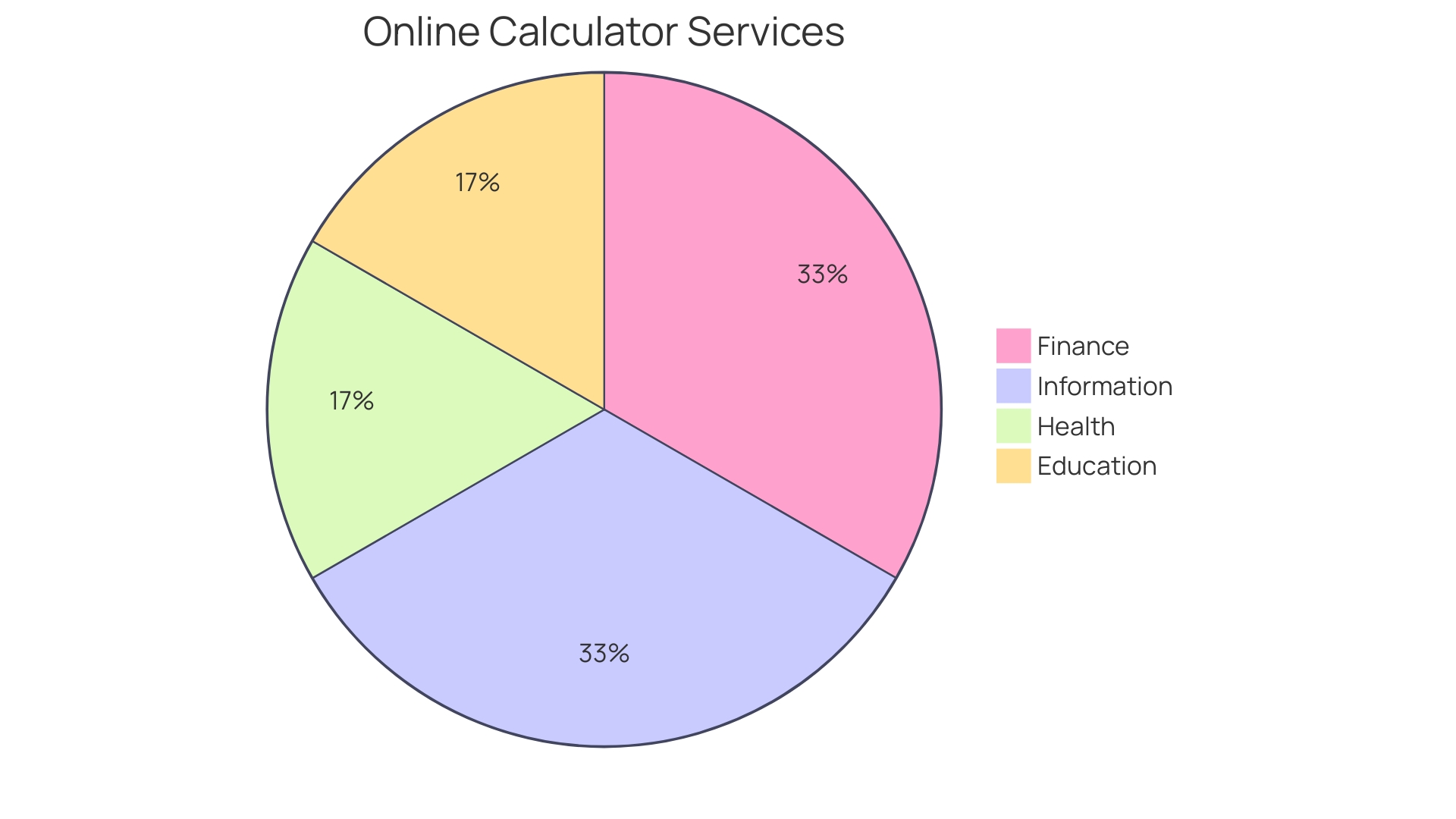
Massage Vouchers for Physical Relaxation
Massage vouchers are not just a simple giveaway; they are a gateway to enhanced staff well-being. The contemporary work environment, frequently busy and demanding, can have an impact on the physical and emotional well-being of workers. Stress is not only related to the individual; it impacts team dynamics, productivity, and the overall culture of the company, as observed in the instance of a sales representative company dealing with stressed workers resulting in strained relations and reduced sales. Acknowledging this, progressive organizations are embracing comprehensive well-being approaches that prioritize mental, physical, spiritual, and social well-being.
The McKinsey Health Institute highlights the significance of employers playing a crucial role in the health of their workforce. By integrating wellness into the workplace, employers can actively contribute to 'adding years to life and life to years.' Massage vouchers act as part of a 'micro-break,' a concept increasingly recognized as crucial for staff recovery and well-being during the workday. These pauses, lasting just a few minutes, allow workers to detach from work, relax, and return with renewed focus and reduced fatigue.
Moreover, current data emphasize a sobering fact: traditional health programs, such as digital health solutions and mindfulness workshops, have demonstrated limited effect on enhancing worker welfare. However, offering opportunities for charity or volunteer work has been associated with a positive effect. It indicates that while massage vouchers can offer immediate relief and are valued as considerate presents, their genuine worth lies in being a component of a wider approach that incorporates diverse interventions.
In this evolving landscape of worker health, it's evident that companies must innovate to find effective ways to support their workforce. As health care costs continue to rise and the demand for more personalized care grows, employers are tasked with finding cost-effective, meaningful solutions for improving health. Massage vouchers, as part of a holistic approach to the well-being of staff, can be a valuable element of an organization's health program, contributing to a more content, fitter, and more efficient workforce.
Custom Swag Boxes for Personalized Wellness
Embracing the trend of personalized corporate gifting can greatly enhance the welfare of staff and promote a culture of appreciation within the organization. Swag boxes, tailored to individual wellness needs with thoughtful inclusions like water bottles, fitness accessories, and stress-relief items, not only demonstrate consideration for individuals' unique preferences but also reinforce a company's commitment to their overall health. The act of unboxing such a customized gift becomes a pivotal experience, creating a sense of anticipation and joy, which is invaluable in nurturing staff loyalty and satisfaction. As research from the London School of Economics and Political Science has highlighted, giving importance to the well-being of the workforce correlates with increased productivity and retention, ultimately contributing to the company's success. Furthermore, as the market for health-related products, like dietary supplements, continues to grow—a pattern emphasized by an 80% increase in Google search interest over five years—integrating these desired items into health swag boxes could tap into this increasing interest, providing staff with the advantages they appreciate. With 74% of U.S. adults consuming dietary supplements, providing selections like NAC, magnesium, NMN, and fiber in these boxes could be a compelling draw. Companies like Showmax Engineering have creatively leveraged branded materials to share corporate values and foster engagement, setting an example for the potential of well-conceived corporate gifts. Furthermore, statistics indicate a surge in the practice of corporate gifting, with a remarkable 87% of businesses now allocating budgets specifically for this purpose, recognizing its critical role in building brand recognition and strengthening business relationships. By personalizing swag boxes, companies can skillfully commemorate milestones and everyday accomplishments, providing a memorable unboxing experience that connects with employees and supports their journey to improved well-being.
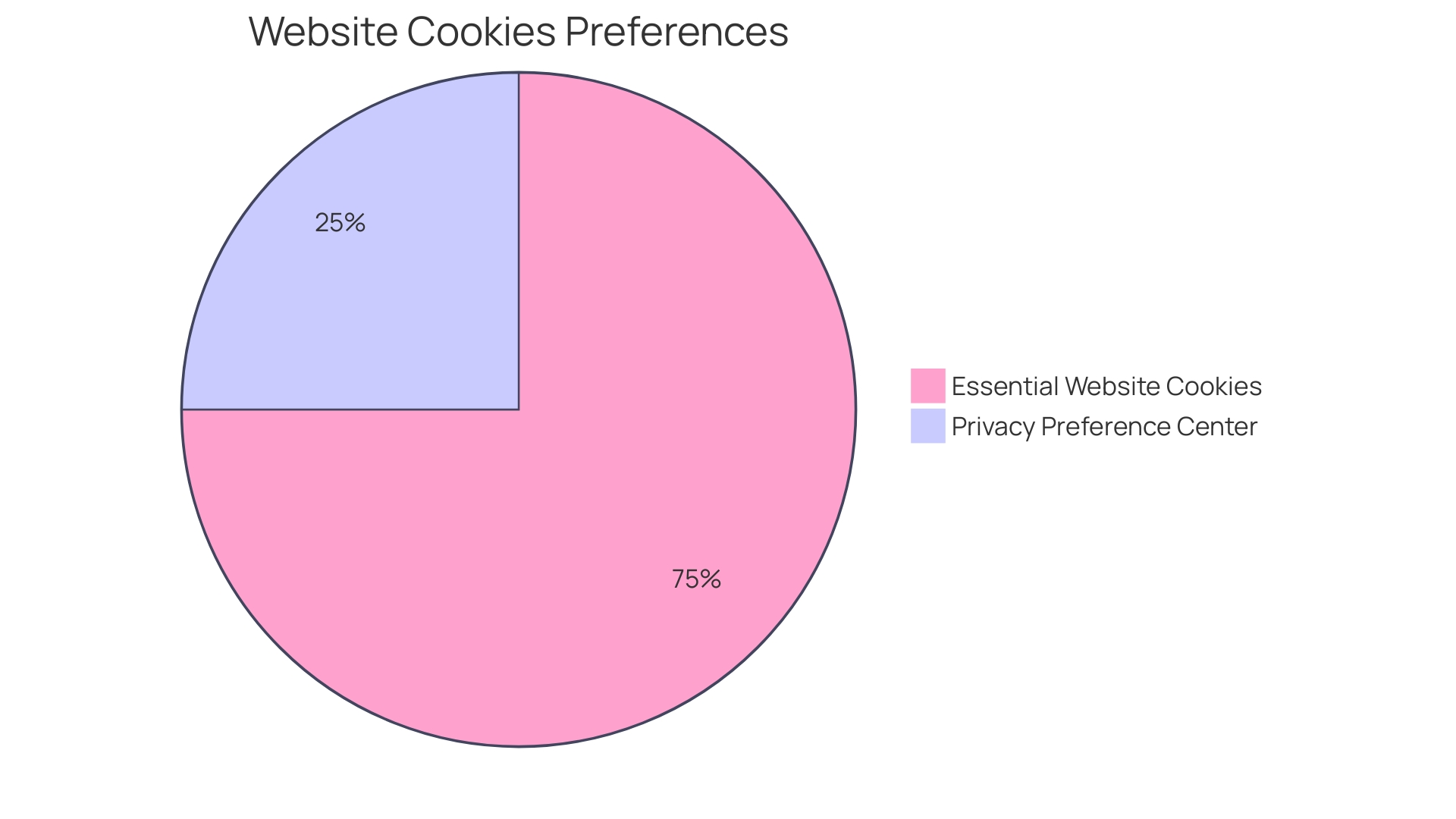
Fitness Gear for Encouraging Physical Activity
Wearable technology is revolutionizing the way we approach workplace wellness. Items such as exoskeletons, smart helmets, ergonomic sensors, and augmented reality glasses are not just futuristic gadgets—they are practical tools that support physical health and safety on the job. These devices can assist in lifting heavy objects, monitor changes in the environment, provide feedback for movement, and even track worker locations for safety purposes.
Engaging in physical activity is crucial for maintaining both physical and mental well-being. According to the Physical Activity Guidelines for Americans, adults should aim for a minimum of 150 minutes of moderate-intensity activity per week, along with muscle-strengthening exercises on two or more days.
In the context of worker wellness, providing tools like wearables can be a game-changer. Jennifer Jones, Customer Success Director at HeroWear, highlights the significance of these devices. She has been instrumental in fitting and training thousands of workers with occupational exosuits and emphasizes the need for proper training and fitting for these tools to be effective.
Moreover, recent studies underscore the importance of physical activity. Genetic predispositions to higher activity levels are linked to more favorable cardiovascular risk factors and a reduced risk of diseases such as hypertension and type 2 diabetes. Additionally, research illuminates a concerning trend: the prevalence of school uniforms correlates with reduced physical activity in youth, suggesting that what we wear can influence our inclination to move.
Adopting wearables in the workplace not only improves safety and productivity but also acts as a catalyst for staff to lead healthier lifestyles. By offering such innovative tools, employers can inspire their teams to prioritize their health and integrate more movement into their daily routines.
Self-Care Boxes for Holistic Wellness
The idea of workplace well-being has changed greatly, especially considering recent worldwide circumstances that have highlighted an even greater focus on the welfare of workers. One innovative approach to enhance this aspect of work life is through the introduction of self-care boxes tailored for employees. These carefully curated collections are more than just gifts; they embody a commitment to holistic wellness, providing tangible tools for stress management and self-nourishment.
Self-care, as described by experts, involves engaging in activities that promote physical and mental well-being, contributing to stress reduction, illness prevention, and increased vitality. The addition of items like bath bombs, essential oils, face masks, and other relaxation aids in these boxes serves as a gentle reminder for individuals to make time for personal rejuvenation. The act of self-care is a proactive step in one's health journey, a form of preventive care where the individual is the primary advocate and participant.
Recent studies, such as the 2024 Voice of the Workplace Report and insights from over 4,000 workers globally, emphasize the increasing demand for employers to comprehensively support their staff's well-being. The incorporation of health programs and initiatives that cater to the varied requirements of staff is emerging as a fundamental aspect of a favorable and efficient workplace environment. Actually, 60% of workers now regard well-being benefits as a vital aspect when searching for new job opportunities, highlighting the important role such programs have in attracting and keeping talent.
As organizations continue to embrace this holistic view of health, which encompasses mental, physical, spiritual, and social well-being, self-care boxes emerge as a thoughtful and personalized method to support individuals' overall wellness journeys. This aligns with the broader trend of companies investing in well-being programs, with expenditures reaching $51 billion in 2020 and projected to double by 2030, according to a Wellable report. Such initiatives are not only advantageous for the workforce but also for the organization's bottom line, as they contribute to increased productivity, job satisfaction, and loyalty among workers.
Day at the Spa for Ultimate Relaxation
Offering a spa day to employees is not just about luxury; it's an investment in their well-being. A recent study in the International Journal of Spa and Wellness indicated that retreats focusing on well-being offer significant relief from stress (64%), fatigue (61%), back pain (57%), and arthritis, with 45% of participants experiencing considerable relief from various medical conditions. The comprehensive nature of spa treatments, including massages, facials, and holistic therapies, helps rejuvenate both the mind and body, providing a respite from daily pressures. Innovations like head spa treatments cater to specific needs such as scalp care and hair care, delivering a holistic approach to overall well-being. With the growth of the health market, the future spa trends are expected to incorporate services like artificial intelligence for disease prevention, positive psychology, and proactive medicine. These progressive approaches resonate with the younger generations who prioritize maintenance of well-being over treatment. Therefore, providing individuals with spa experiences is in line with current worldwide trends in self-care and benefits focused on prevention.
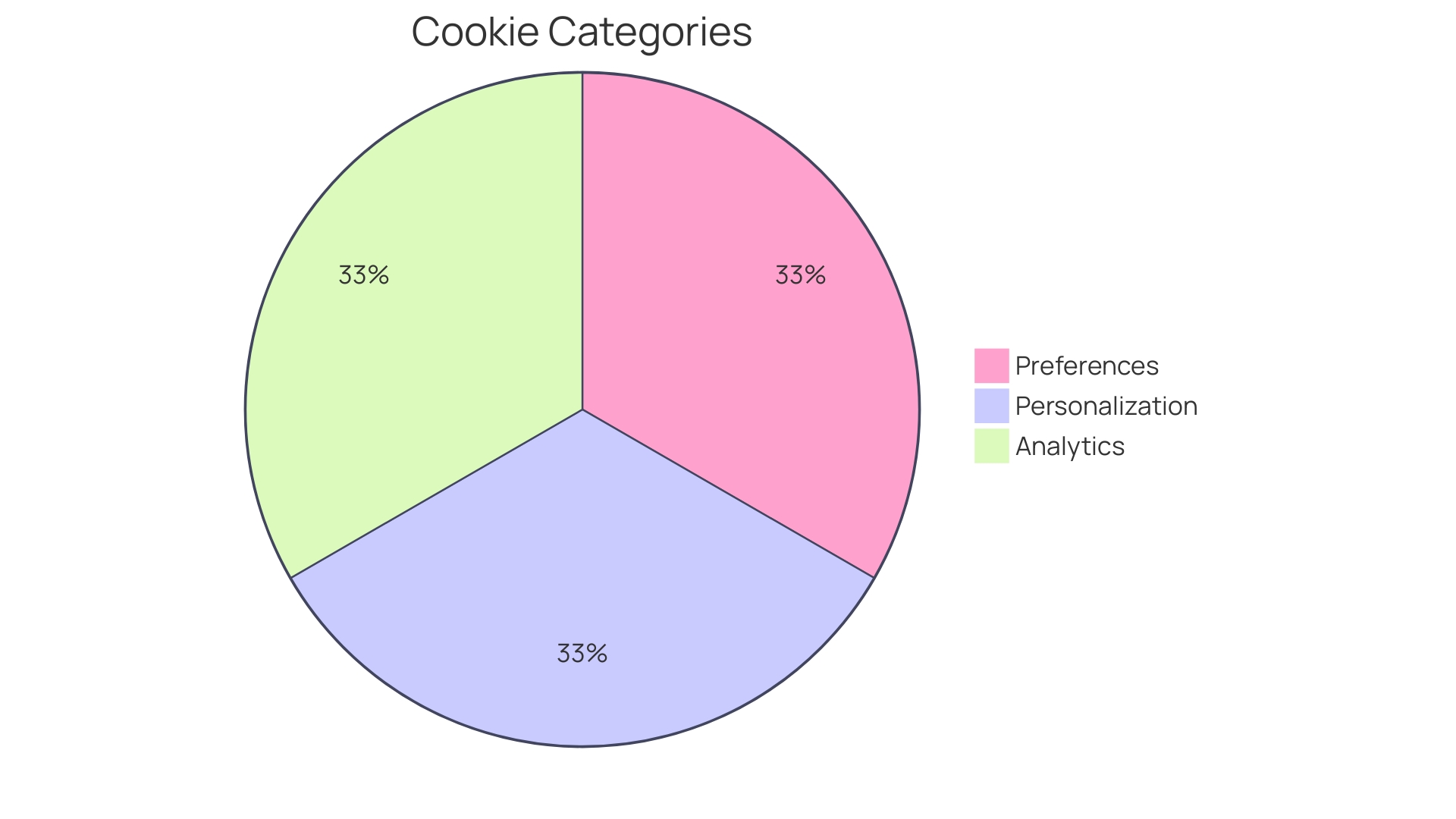
Meditation Subscriptions for Ongoing Mental Health Support
Guided meditation sessions through subscriptions are transforming worker wellness, providing a powerful tool for mindfulness and stress management. These programs, accessible via mobile apps and online platforms, provide a seamless way for employees to incorporate psychological well-being practices into their daily lives. Headspace, a prominent system provider for psychological well-being, has recently declared an integrated app experience for employers, emphasizing the importance of well-being in the workplace. With evidence-based content and 1:1 coaching, therapy, and psychiatry services, Headspace shows a dedication to holistic well-being support.
Research emphasizes the advantages of mindfulness, demonstrating that even 5 to 15 minutes of meditation daily can result in significant improvements in well-being, including enhanced focus and reduced stress. In addition, the Voice of the Workplace Report highlights findings from over 4,000 employees and 150 US HR/benefits leaders, underlining that a supportive management approach can have a positive impact on well-being.
Companies are realizing the importance of apps for psychological well-being as part of their benefits packages. Calm Business, for example, is utilized globally and offers multi-language content, which illustrates the wide-ranging impact of such initiatives. The significance of cognitive health apps is further backed by a survey indicating that over three-quarters of small business owners experience burnout, with meditation apps offering a practical solution to mitigate this challenge.
With the ever-present pressure of being "always-on" in today's connected world, providing employees with tools to manage stress and cultivate mental resilience is more crucial than ever. Tailored guided meditations, mindfulness practices, and the ease of access to these resources are making a positive impact on the holistic well-being of the workforce.
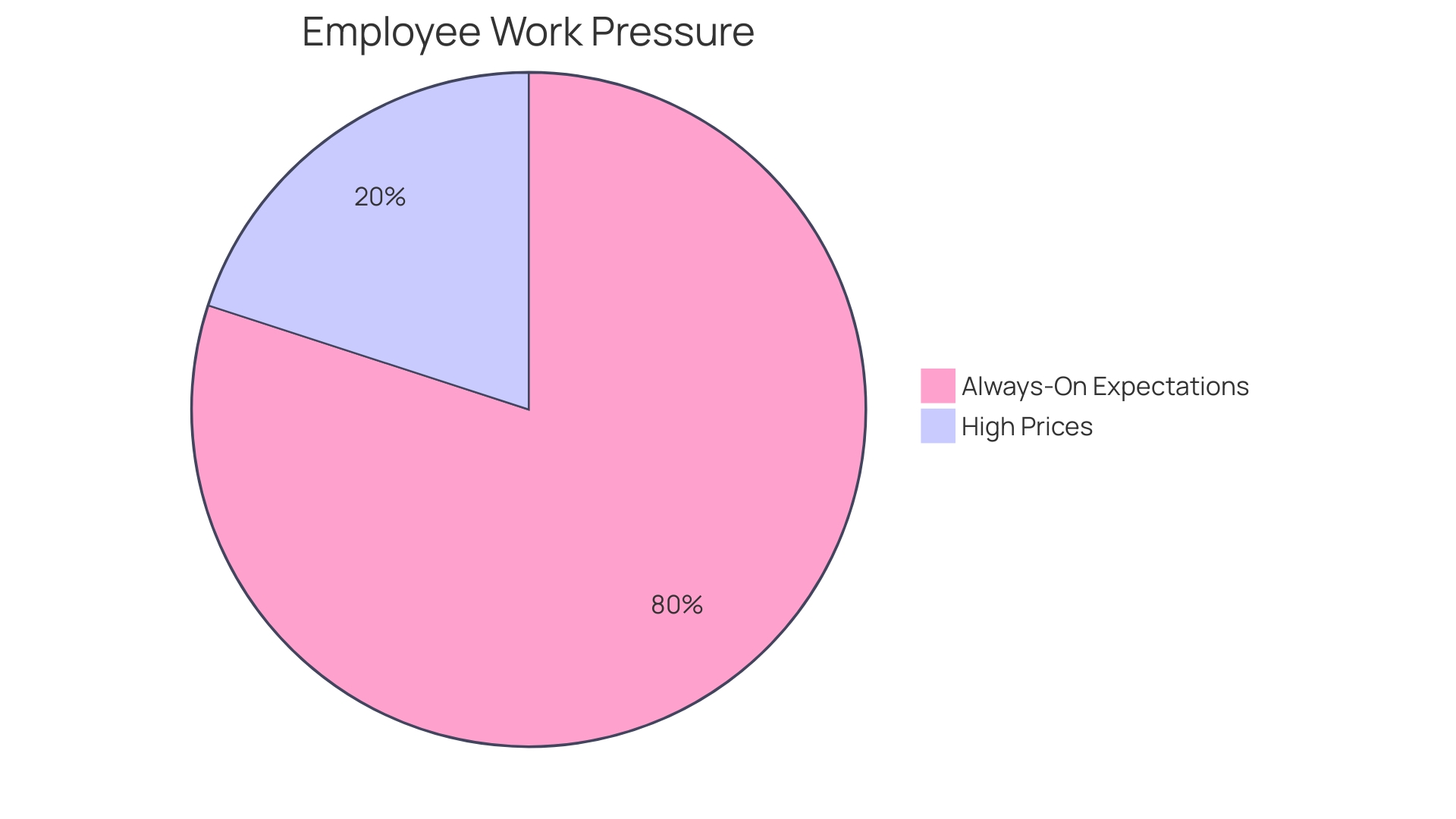
Conclusion
In conclusion, incorporating wellness initiatives in the workplace is essential for prioritizing employees' well-being. Strategies such as aromatherapy candles can enhance the atmosphere and positively impact employees' mental state. Personal wellness journey boxes provide comprehensive care by offering resources that cater to various aspects of well-being.
Mindfulness journals serve as invaluable assets for nurturing mental clarity and emotional resilience. Healthy snack baskets promote nutritional wellness and provide employees with wholesome treats. Massage vouchers act as a gateway to physical relaxation and contribute to a holistic approach to employee well-being.
Custom swag boxes tailored to individual wellness needs reinforce a company's commitment to employees' overall health. Fitness gear, including wearable technology, supports physical health and encourages employees to lead active lifestyles. Self-care boxes embody a commitment to holistic wellness and provide tangible tools for stress management.
Offering a spa day to employees is an investment in their well-being and provides relief from various medical conditions. Meditation subscriptions offer ongoing mental health support and provide employees with tools to manage stress and cultivate mental resilience. By embracing these wellness strategies, HR professionals can inspire their teams to prioritize well-being, leading to a happier and more productive workforce.




